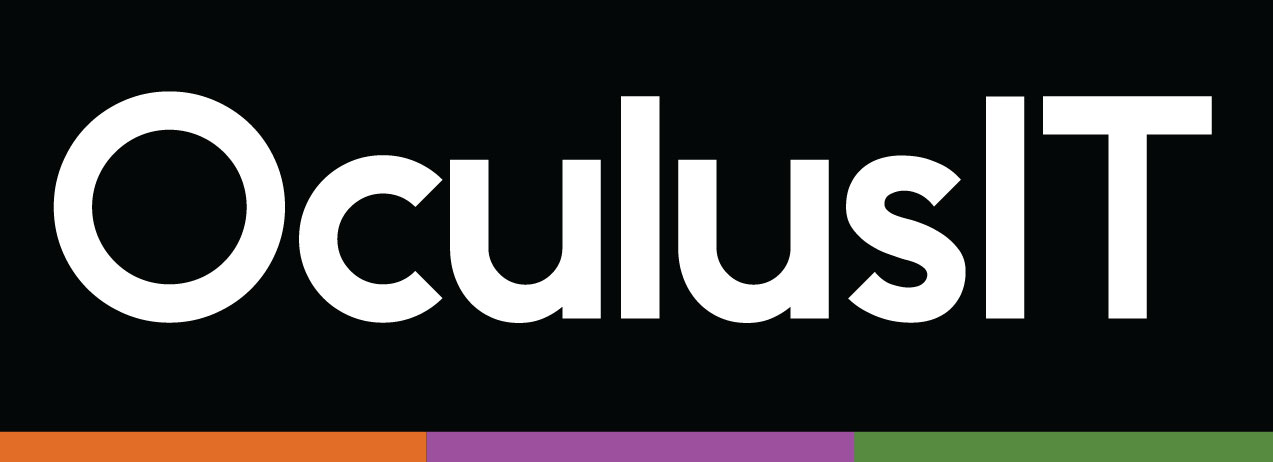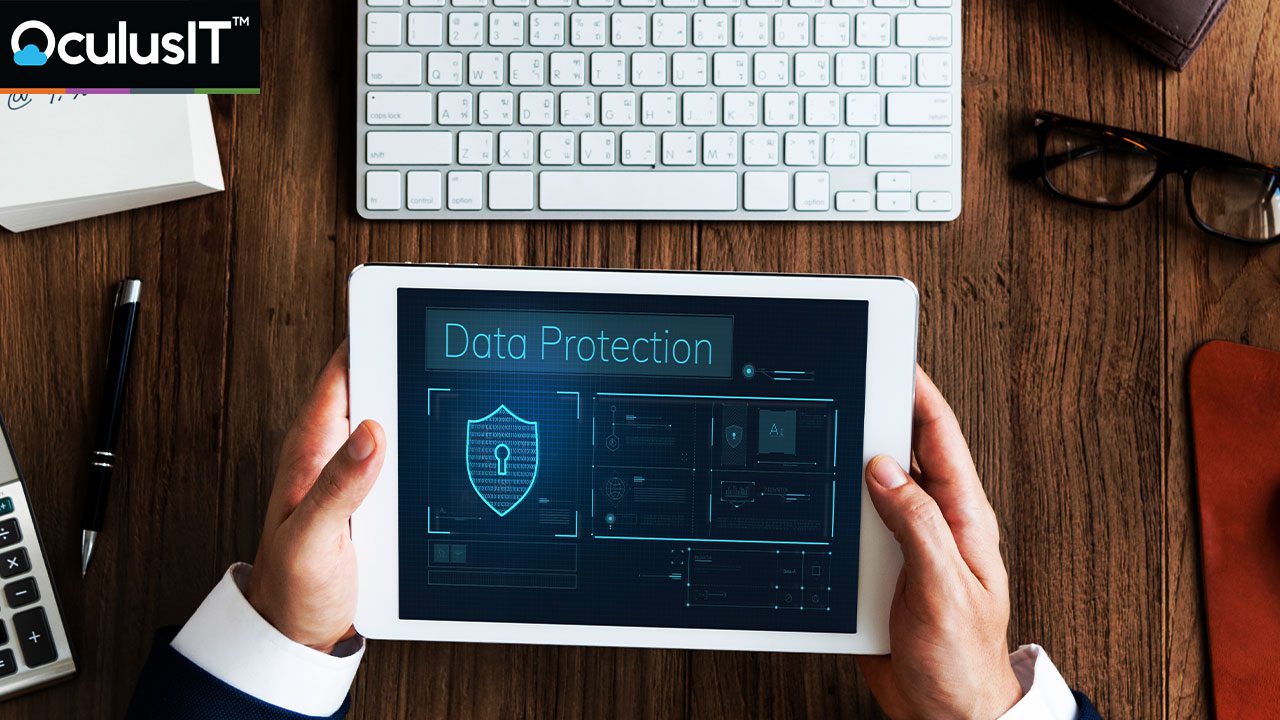
The Do’s and Don’ts of Data Privacy for Higher Ed in the Era of Remote Learning
Jan 27, 2023
As remote learning environments become more commonplace in higher education, so do the security risks and threats to data privacy. As we approach January 28th — Data Privacy Day 2023 — OculusIT is here to share the Do’s and Don’ts of Data Privacy Security for remote learning.
DO Implement Robust Data Privacy Solutions for your Institution and Staff
As the data in any sector say healthcare or even the financial sector needs to be protected to gain the trust of its customers, the education sector is no exception to this. Higher Ed is no stranger to proprietary data and holds countless records of prospective students, current students, and alumni. Not only are institutions responsible for safeguarding sensitive data including financial aid and financial processing information, student health records, and academic records, but they also maintain staffing and salary data for faculty and staff.
To gain the trust of its students and parents, universities and colleges need to have a robust plan for supporting the privacy of their students’ data. The most sensitive information (healthcare data and the financial data of the students and their guardians) are regulated by federal laws, requiring your institution to be compliant with HIPAA (Health Insurance Portability and Accountability Act). PCI-DSS (Data Security Standard), and more.
DON’T Venture onto Unsecured Networks
Educate your staff on the proper user of private networks and to avoid tapping into unsecured network access in public locations such as local coffee shops or the city library while accessing university-related data and servers.
DO Use a VPN (Virtual Private Network) Connection
Make sure that staff members at your institution are using a VPN – or Virtual Private Network – to work on any e-learning, university-related information or tasks. Using a VPN is highly recommended even when your staff is accessing the email, internal servers, or the website of the university as it will protect the user’s identity, even if they’re using public or shared Wi-Fi, keeping your data private.
DO Maintain Best Practices
- Ensure limited backups of the data: While occasional backups are necessary, users should avoid frequent backups across multiple devices to limit the exposure of sensitive data, both student and institutional.
- Give Importance to Passwords: All users across faculty, administration, and the student body should ensure they are using unique and strong passwords that include letters, numbers, and special characters. Making passwords case sensitive and requiring both upper case and lower case will make a password more difficult to crack.
- Avoid clicking suspicious links: Hackers and scammers often deploy phishing techniques through emails, digital messages, text messages, and other channels to gain access to the confidential information of the student and university. Staff must be trained to proactively evaluate incoming messages and avoid clicking on potentially dangerous links that would put the institution at risk. Be sure to inspect the sender’s integrity, typos in URL structure, and use of foreign characters as malicious senders have found ways for their messages to appear authentic at first glance.
- Training your staff: Training your staff on how to handle networks and servers holding private student information is vital. Remote learning comes with many new processes that can sometimes overload the staff with work, therefore, ensuring top notch training on best practices and institutional processes will not only enhance their efficiency, but help ensure privacy and the safeguard of important data.
DON’T Forget About Your Chief Information Security Officer (CISO)
Your CISO is your institution’s data privacy and protection expert as they work at the intersection of data privacy, network security, and building institutional trust among constituents. Not only are all colleges and universities required to have a CISO by the end of this academic year for GLBA compliance, but these individuals will strategically outline the unique processes needed to support security across your remote learning environments.
Having access to a CISO does not have to be a costly line item in your budget. The right virtual CISO can bring a wealth of higher education experience at a fraction of the cost. OculusIT offers virtual VICO services with a Security-by-Design approach, exclusively for higher education.
DO Set Clear Guidelines and Reiterate them Often
As universities supply guidelines to their students, instructional staff and administration must lead by example and communicate processes and guidelines clearly to ensure their remote learners adapt to an institution’s processes.
DON’T Forget to Educate Your Students
The remote learning environment means coursework, notes, tests, and even the admissions process are done on university networks from an off-site location. Ensuring that remote learners keep safe internet practices begins with educating them on access expectations on day one of the course. As part of the syllabus, make sure students know how to access the institution’s IT team for technical support, including help with setting up their own Virtual Private Network and clearly defining processes, especially those in which they are connecting to campus networks and servers.
In conclusion, whether you are the staff of the university, a student, administration, or a member of the IT team, it is critical to support the integrity of the data that your institution keeps. While the remote learning environment brings additional risks and challenges, with a little bit of planning and education, you can ensure your institution’s data remains safe and secure.
Want to learn more about how your university can ensure the robust privacy of data? Contact our experts now!
Recent Articles

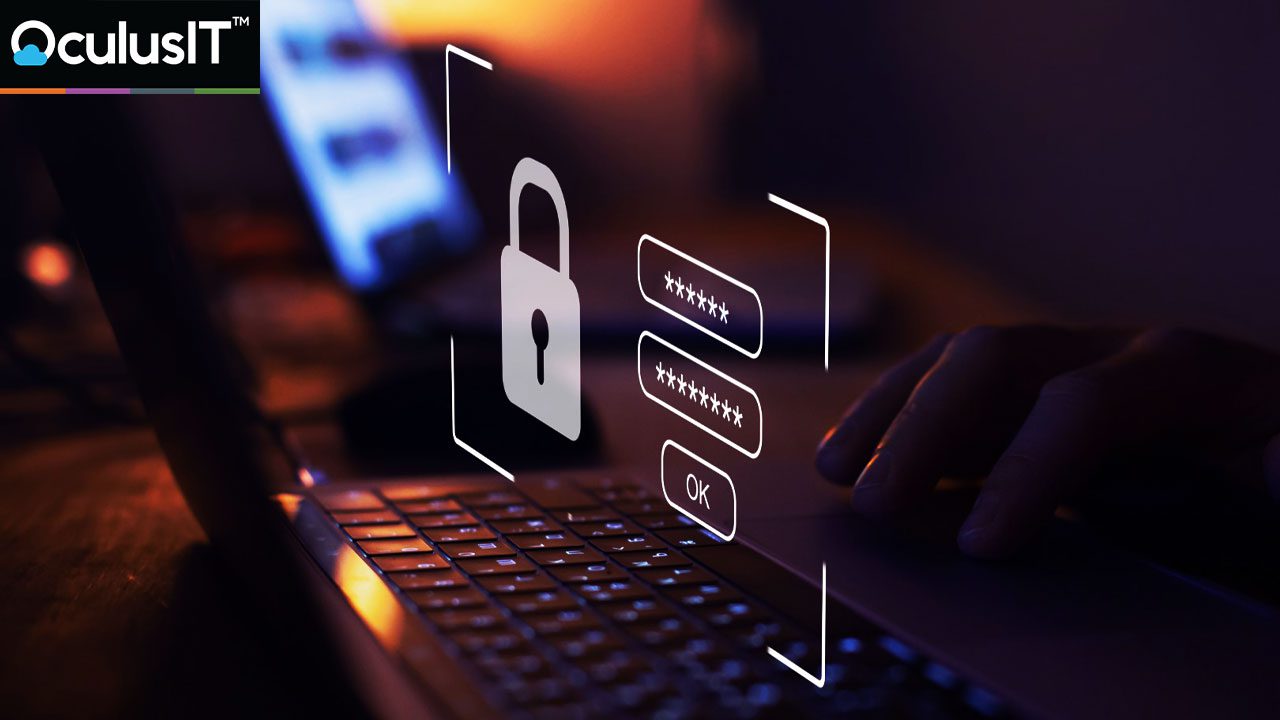

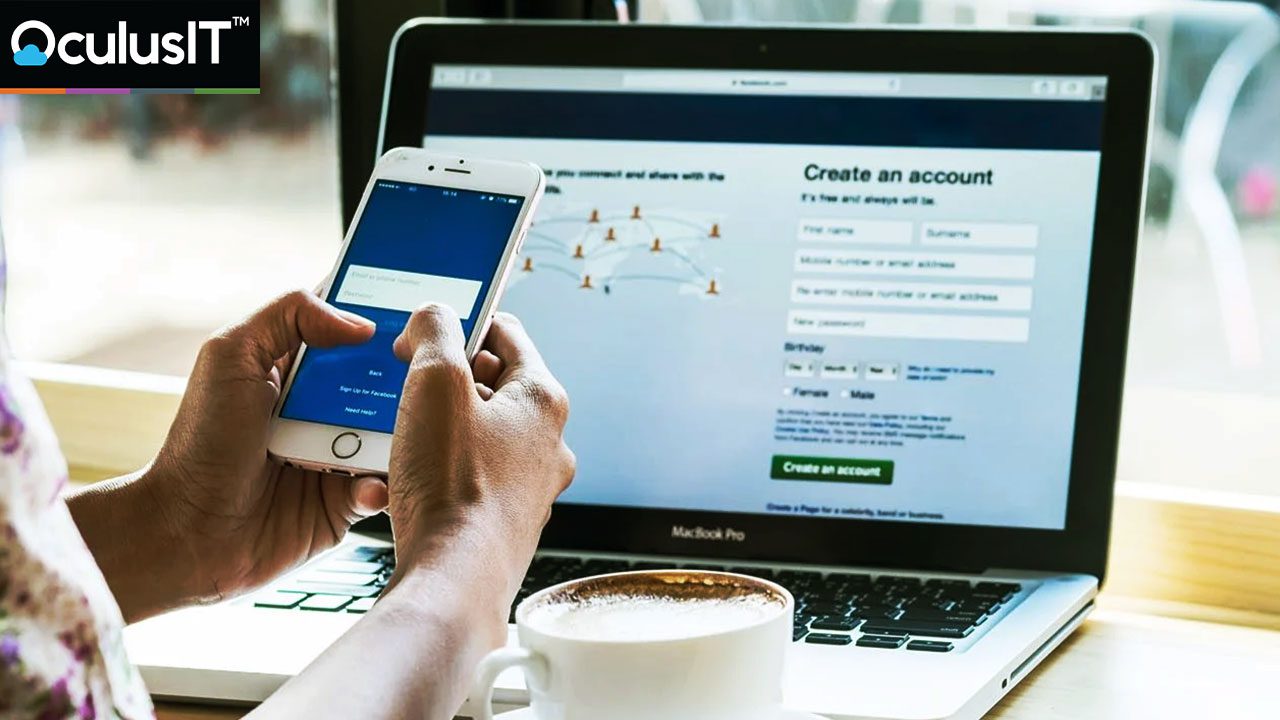

Top 3 IT Staff Augmentation Trends for 2023
Jan 31, 2023
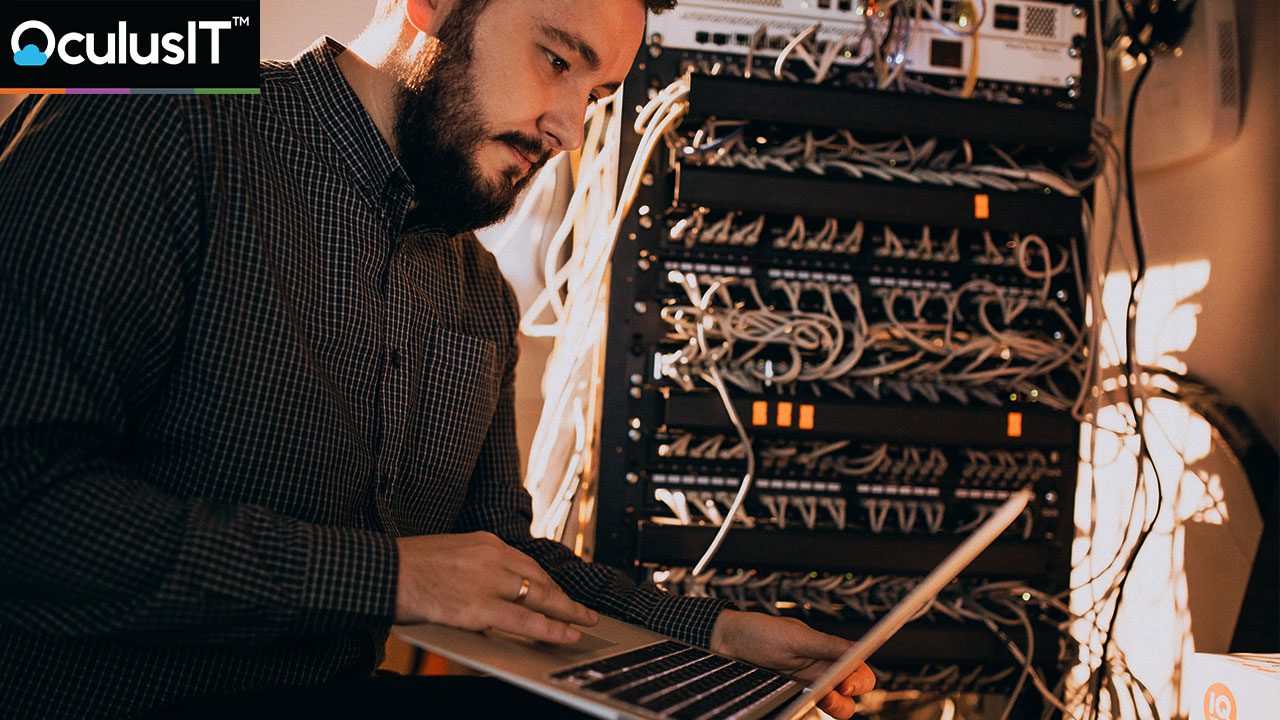
Up the Ante on your Institution’s Network Operations
Jan 20, 2023

